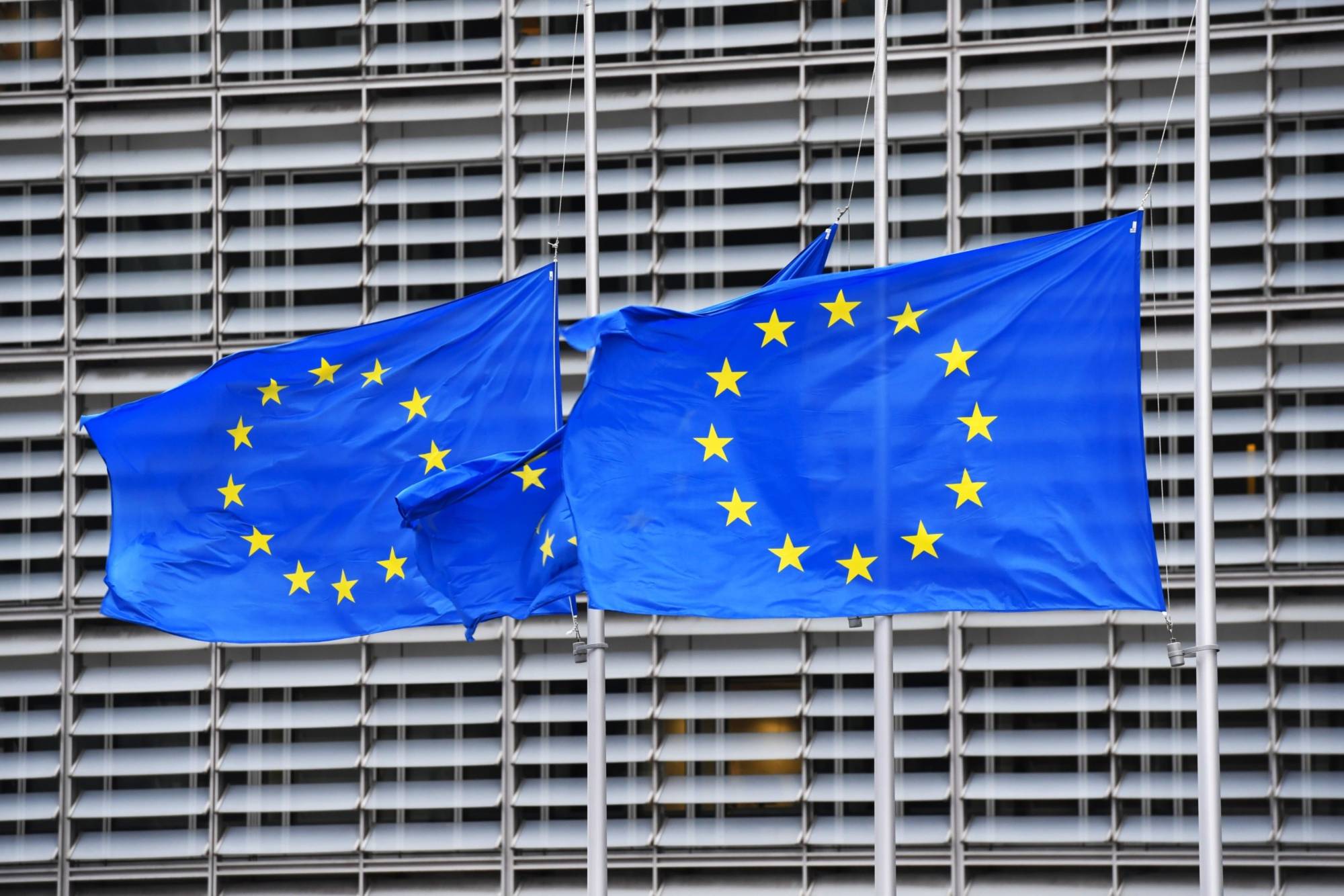When we think about Big Tech, five companies come immediately to mind: Alphabet (more commonly known as Google), Amazon, Apple, Meta (Facebook in its pre-virtual reality days) and Microsoft.
Investors sometimes talk about FAANG, an ugly acronym that is almost identical to that group but substitutes Netflix for Microsoft. (The rebranding of some of those companies prompted Jim Cramer, the person who coined FAANG, to start talking about MAMAA.) Alibaba, Baidu, Samsung and Tencent make the cut as well.
One characteristic of that list is quickly apparent: None of them are European. Yet, Europe plays an increasingly important, if not defining, role in the future of big tech. Credit “the Brussels Effect” — the process by which the European Union sets global standards. Recent EU legislation to regulate Big Tech will have profound implications for the future of technology, but it’s also a lesson in the ways that power can be exercised in an interconnected world.

















With your current subscription plan you can comment on stories. However, before writing your first comment, please create a display name in the Profile section of your subscriber account page.